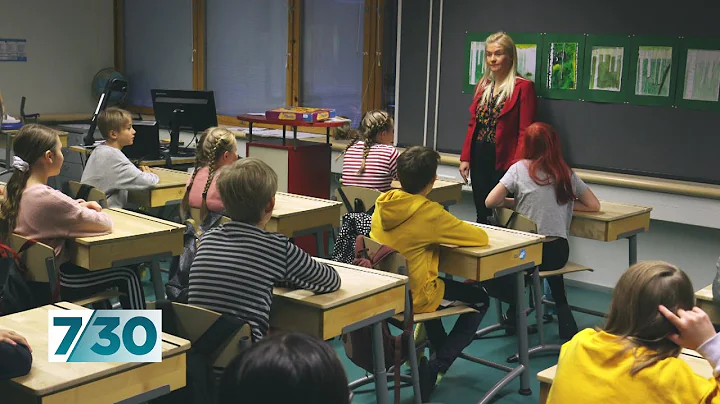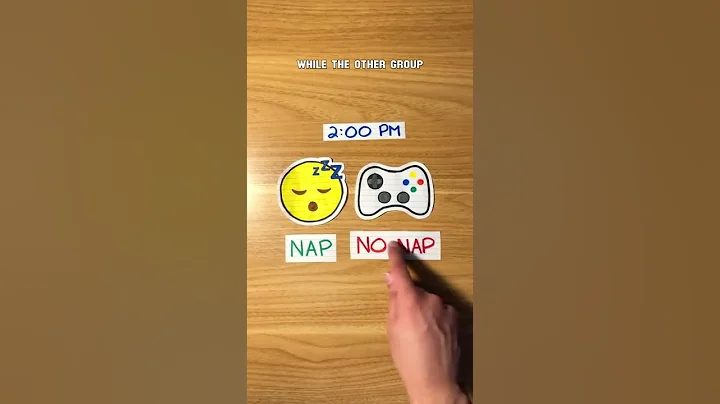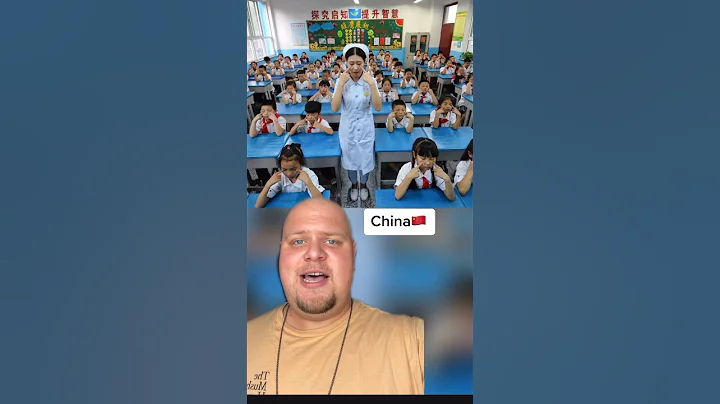Kindergarten, primary school, junior high school, high school, or university, which stage of schooling has the most prominent conflicts between home and school, and where parents can most resent teachers? This aspect is related to the level of parents’ expectations for their children, and it is also related to the quality of parents and teachers themselves. We cannot guarantee our own quality, nor can we guarantee the quality of teachers. We cannot completely control our emotions as our children grow up, and similarly, we cannot ask for guarantees from others. Contradictions are inevitable.
1, Kindergarten (expectation value: dragon and phoenix among people):
Children of this age have just stopped babbling, and know more and more about the world, which often gives parents more surprises (Wow, my baby even knows this [Rose ]), naturally the expectations are also high, and one must be among the best. However, the physical constitution is weak, the self-care ability is almost 0, the children have habitual conflicts, and the kindergarten is under too much pressure. Coupled with the pampering of parents (especially grandparents), conflicts between home and school become more prominent, and some even rush into school and beat teachers. But I firmly believe that the probability of kindergarten teachers abusing children is almost 0 because the cost of punishment is too high. (I admire kindergarten teacher for her good temper and mentality. Most people can't stand it. Please be kind to the kindergarten teacher)
2, primary school (expectation value: among people - everything is possible):
started to contact cultural classes, almost everyone They have all passed the double hundred test, which can easily lead to misunderstandings (hehe, they seem to be much better than when we were children). The higher the grade, the more differentiation begins, and expectations and reality directly begin to conflict. People are accustomed to looking for reasons from the outside world instead of looking for them within themselves. This outside world is schools and children. People are accustomed to getting preferential treatment. In Chinese schools with large classes (large capacity), no teacher has the energy to give preferential treatment to everyone. If they can't get preferential treatment, some people will start to complain without even realizing it. Boys at this stage are very naughty and will naturally be punished more by the teacher. The most common family relationship during this period is "the parents yell at the children, and the grandparents love the children" - "in some families, parents, grandparents and children fight against the school together." Anyway, the one with the lowest cost of venting will be arrested. High and low costs: Others at the child’s school.
3, junior high school (try to get into a good high school, at least the first grade is guaranteed)
There are fewer fights, and the children share part of the firepower. In junior high school, the direct divisions among children are really exposed. The words academic master and academic scumbag appear frequently (even if no one wants their children to be called academic scumbags). In addition, children become rebellious in adolescence, and parents become more and more aware of their children's shortcomings. If there is a lack of effective education, it will become a vicious cycle (how did I give birth to you...). Some parents started blaming the school when they were in elementary school, but now they blame the school and the children. In fact, they should look for their own reasons. What example have you set in the growth of your children? Can you make the current situation better? Does complaining really help? Adolescent children are a headache for schools and parents. Parents can't stand even one child, let alone so many children gathering together every day? There is often just one bad student in a class that can ruin the class. Education is not a panacea. It is difficult for schools to solve problems that parents cannot solve.
4. Rationality (the sons of rats will be moved by dragons and phoenixes)
Although some words are sharp, they are very realistic. A child's intelligence factors are closely related to genes (not absolute, please be gentle). Only children who have been screened can enter high school (at least for study), and the overall quality of high school parents has also improved (not absolutely, excellent parents often produce excellent children). There are not many parents left who were so arrogant, and most of them have been eliminated. . The remaining parents are more rational and will focus more on seeking more teaching resources for their children (in fact, they have always been like this, so their children are better). But this kind of excellence is an internal (perhaps a county) comparison. What if it is put into the outside world? The ratio between 211 and 985 is really very low. The larger the city, the richer the teaching resources. Sitting in a well and looking at the sky is tantamount to overestimating the children and raising the expectations of the children and themselves. It cannot be said that schools have taught your children bad things, but our world is too small. Our school is number one, but if we go to other places, we may be outclassed by everyone else.However, we are unwilling to accept this gap, and resentment is inevitable, but after all, they are a minority.
The relationship between home and school is like twins in one body. They are two contradictory sides. They may complement each other or they may be at odds with each other. No matter what, seeking rational solutions is the best way for your children. Instead of chatting and typing on the keyboard, it is better to discuss it with the teacher. If the teacher's quality is not good, then go to the school leader. Solving problems is our purpose. No, no.























